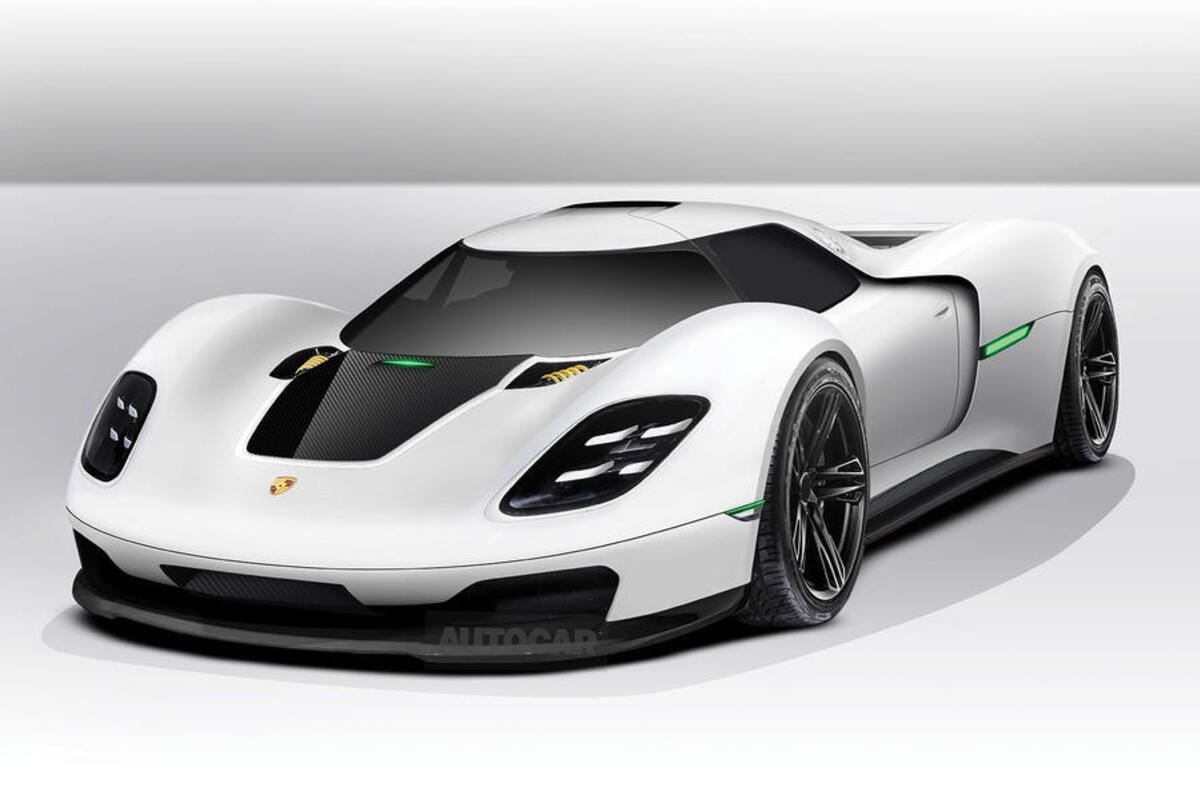Porsche’s long-rumoured plans to launch an ultra-potent hybrid hypercar to follow up the 918 Spyder have been put on the back-burner as it focuses on electrifying its mainstream production car line-up.
Talking to journalists after today’s annual results conference, CEO Oliver Blume suggested that such a car remains on the cards but is less of a priority than expanding the firm’s pure-EV line-up and future-proofing its current range.
In 2019, Autocar reported that Porsche had lined up a leftover hybrid powertrain from its stillborn Formula 1 engine manufacturing programme for its next-gen 918, as battery technology was not yet far enough advanced to give the optimum balance of weight, efficiency and range potential.
Conceived as a rival to the Aston Martin Valkyrie project, the hypercar was therefore set to use an advanced plug-in hybrid powertrain centred around an F1-spec 1.6-litre petrol engine.
It had been suggested that Porsche’s recent announcement of a plan to enter Le Mans in 2023 meant we would soon see a road-going version of its hybridised endurance racer, but Blume’s comments suggest the firm is now waiting until it has sufficiently advanced battery technology to make the 918 successor a pure EV.
“We will return to Le Mans with a prototype, with which we will be able to win the big classic races like Le Mans, Sebring and Daytona. Ferrari has already joined in the past few weeks, so it will be a very close, tough competition and we are very happy about it.
“In terms of following the 918, a hypercar is always something we are thinking about at Porsche, but for the next few years, our concentration is on the electrification of our model range.
“The battery will be the ‘cylinder’ of tomorrow, so we still have to investigate high-power, high-density cells. We will invest in these cells, and when we have the right cell for a high-power car, then will come the point, but I don’t think about this car before the second half of the decade.
“Before 2025, we won’t have a hypercar. Later on, it might be possible.”
Porsche is investigating the use of silicon, rather than graphite, for EV battery anodes, which, it says, could improve energy density and reduce charging times. Batteries using this technology will be built in Europe and initially reserved for customer motorsport cars and limited-run, high-performance flagships - potentially including the long-awaited hypercar.
READ MORE
Porsche plans high-performance batteries and charging network








Join the debate
Add your comment
So, does that mean the tech isn't there yet?, is Rimac going to do the EV side of it?, will it be worth waiting for?, biting my Lip already.